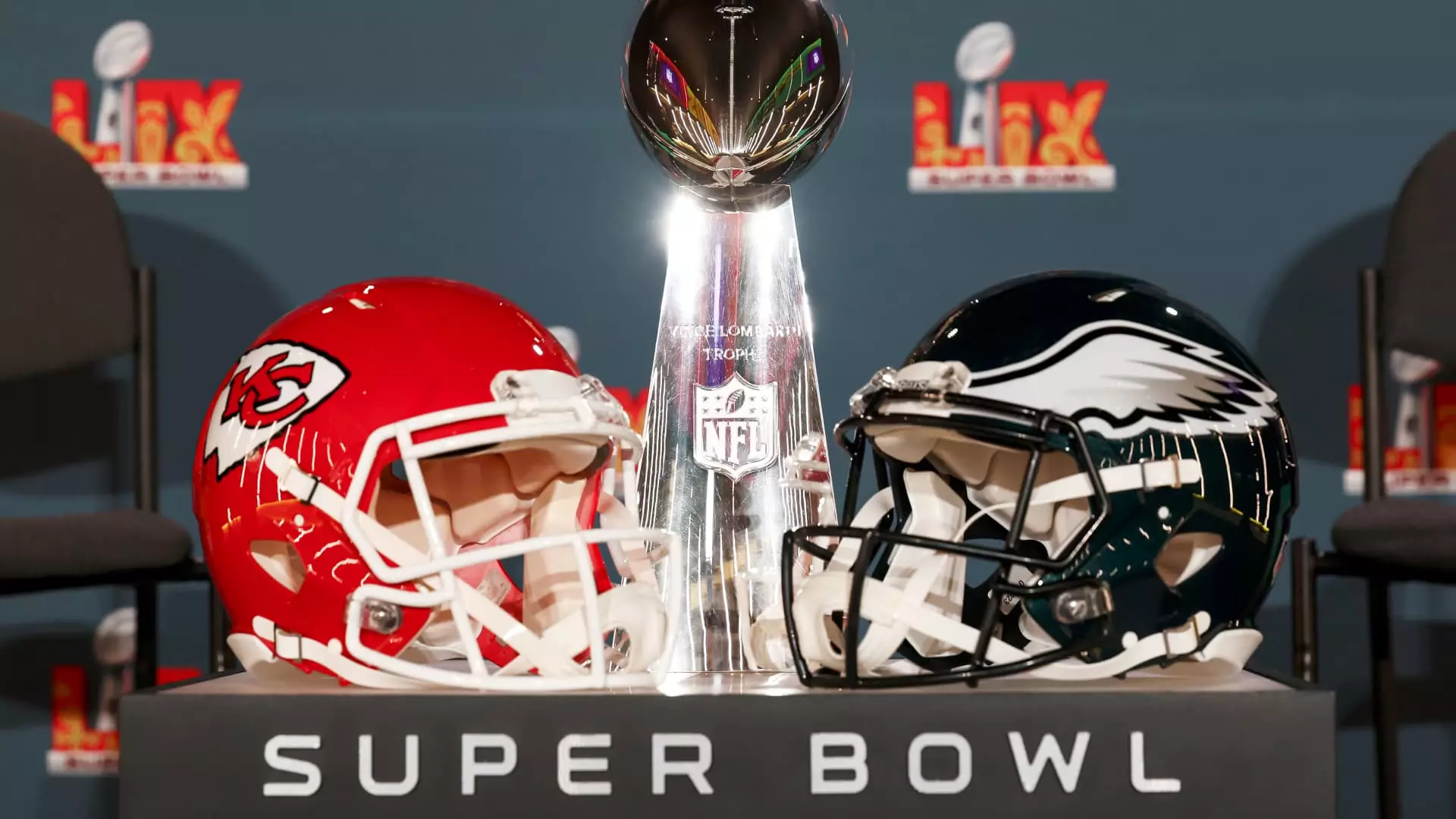The NFL’s recent crackdown on ticket resale by players, coaches, and staff reveals a troubling imbalance in how the league addresses misconduct. While the league publicly condemns profit-driven abuse of their policies, their actual response suggests a selective enforcement that often undermines credibility. Fining players more than the resale price—a punitive measure that seems harsh—diverts attention from the deeper issue: the league’s own complicity in fostering an environment where greed and self-interest are tolerated for lucrative gains. By targeting individuals for reselling tickets, the NFL portrays itself as a guardian of integrity, yet it tacitly benefits from insider knowledge and exclusive access that inherently create a rigged system.
Selective Accountability and the Illusion of Fairness
The league’s decision to fine players 1.5 times the ticket’s face value, and employees twice as much, appears more symbolic than truly corrective. These measures highlight a focus on penalizing individual misconduct rather than addressing systemic flaws within the NFL’s operational framework. Such punitive actions seem designed to quell public outrage rather than foster genuine reform or transparency. Moreover, the policy’s restrictions—such as banning personnel from purchasing future tickets—do little to prevent the underlying culture of privilege that enables high-profile individuals to profit at fans’ expense. This indicates a paradox: the league claims to uphold fairness, yet continues to uphold a hierarchy that allows the rich and influential to exploit untouched.
Impact on Fans and Who Truly Benefits
At its core, this controversy exposes how the NFL prioritizes corporate interests over their loyal spectators. Resale profiteering by insiders may have been the catalyst for enforcement, but it’s also an acknowledgment of how the league profits from exclusivity and scarcity. Fans, the true backbone of any sport, are often left on the sidelines, pushed further away by policies that serve billion-dollar entities more than the community. The recent measures seem less about protecting consumers and more about safeguarding the league’s brand image—an image built on spectacle and prestige that insiders profit from. For true progress, the NFL must reckon with its own role in perpetuating a culture where money trumps fairness.
The NFL’s stance on ticket resale reflects a broader tendency among major sports leagues to self-police without confronting systemic inequalities head-on. Their actions are reactive rather than transformative, reinforcing existing power structures that benefit the wealthy while shuffling scapegoats into the spotlight. For real change, the league must embrace transparency, prioritize fans over profits, and overhaul policies that enable privilege. Until then, their commitment to fairness remains superficial—a half-hearted attempt to shield their reputation without addressing the root causes of inequality and corruption within the sport’s elite circles.

